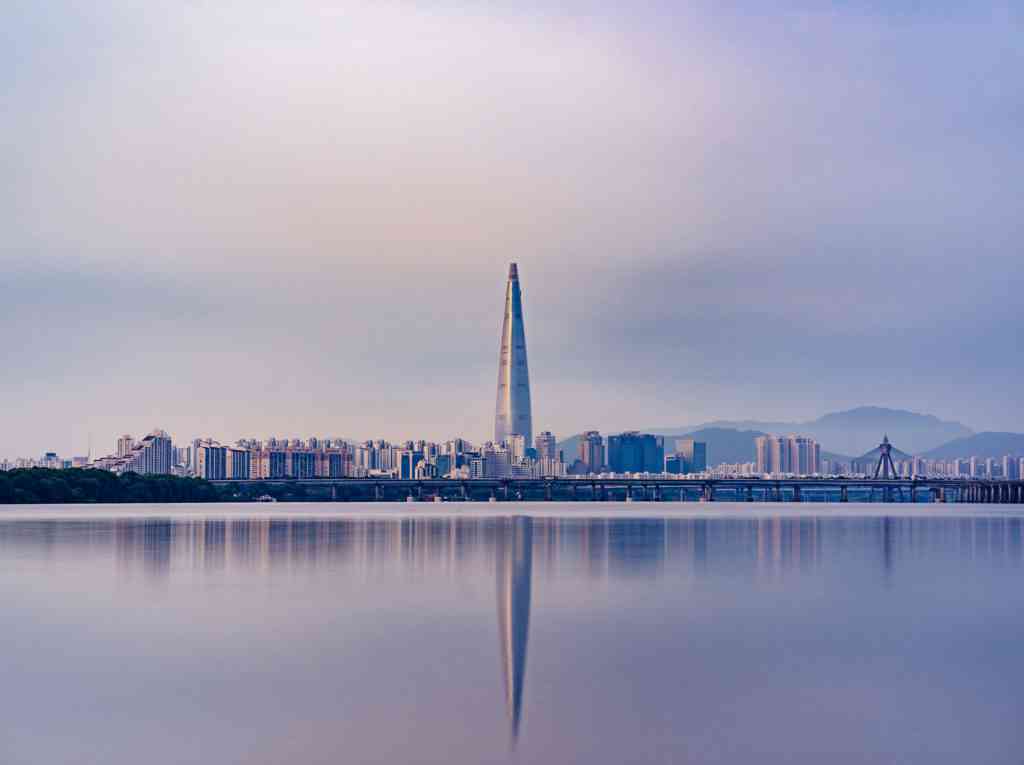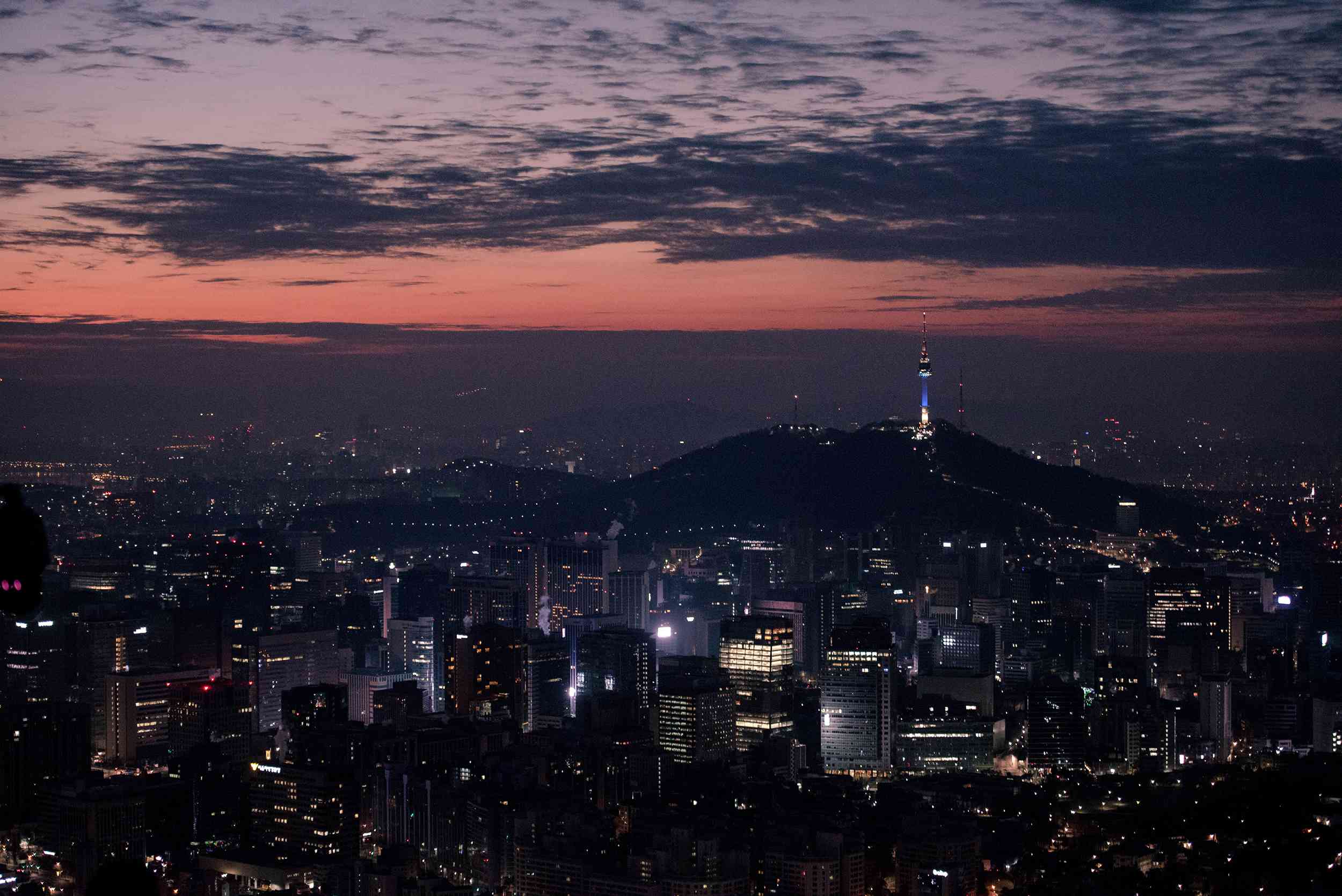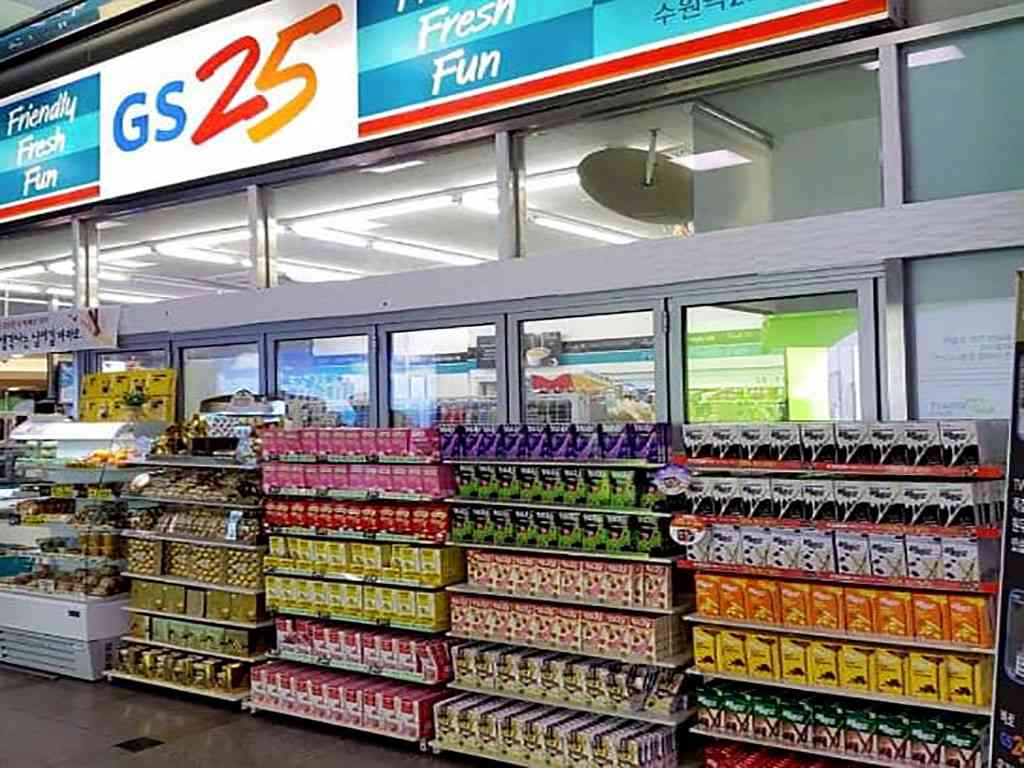Table of Contents
Can You Drink Tap Water in Seoul?
Yes, tap water is drinkable.
Tap Safe includes data from many publicly available sources, including the WHO (World Health Organization), CDC (Center for Disease Control), and user submitted databases, but unfortunately there's not enough data about Seoul.
To see user submitted ratings of the water quality for South Korea, see the "User Submitted Ratings" box on this page.
Seoul Tap Water
Seoul tap water contains more than one hundred and thirty-three minerals in total, more than in any other city in the world. The ten most common minerals found in this municipal water are calcium, magnesium, manganese, sodium, potassium, calcium carbonate, iron, and sulfate. Most of us have no idea how these minerals get into our drinking water unless we live in a cave for the last ten years. The mineral content is so high due to heavy water use in industries and manufacturing plants that most municipal water treatment facilities do not filter the mineral content because it causes too much filtration.
One of the problems with most Seoul tap water’s taste is that it often has an unpleasant taste like metallic or bitter tasting. This taste is caused by the mineral content, which is much higher than what a person would expect. This can also be attributed to the fact that manganese and calcium are often found in the water. Because they harm the taste buds, they are often disguised in a more pleasant flavor for the human taste buds. Some researchers believe that this is because manganese and calcium are both toxic to the liver.
Water in Seoul
Water is becoming an essential part of life in many parts of the world, especially where water quality is a matter of great importance. The best way to get clean, purified water is by using water purifiers. Many different purification systems provide different levels of protection and are suited for other purposes. Water purifiers are used for domestic use and industrial, medical, and pharmaceutical purposes. In Seoul, several places supply water to residents, making it easy to get good quality water.
Water samples from nine different PET plastic bottled water from throughout Seoul were analyzed for chemical and pH level content. A research association between the government and private companies was set up to ensure that the supply meeting water quality requirements. Water from private companies’ systems was compared with samples supplied by the government association. Of the six water samples provided by private companies, four met government guidelines on salting. Two met government guidelines on chlorine, one encountered procedures on pH, and two did not meet at all.
Source of Water in Seoul, Korea

The primary water source in Seoul is the Han River’s old name dating back to the Goguryeo Dynasty, Seoul’s tap water has filtration through one of six treatment plants along the Han River. Scientists continuously monitor the water quality for 170 variables, as the World Health Organization (WHO) recommends.
Seoul Water Treatment Plants
If you’re looking for a water treatment facility in Seoul, the best place to start your search is Seoul Water Treatment Plant. This plant is one of the most renowned plants in the country, and it was established back in 1961. Since then, the plant has continuously provided the quality of water that people need, no matter where they are located. Here are some of the benefits of having a water treatment facility in Seoul.
One benefit of these plants is that it provides a constant source of clean filtered water. This means that the water will never get contaminated or tainted in any way, which can be very dangerous. Another benefit of these water treatment plants is that it keeps the air around us clean. Air pollution is a massive problem across the country, and this is particularly true in Seoul. The water around us can help to clean the air around us as well.
If you’d like to get an education about water treatment in Seoul, you must visit the plant yourself. You can do so on the weekends, as often as you’d like. This will give you a much better idea of how the water is treated at the facility. If you’d like to learn about other types of water treatment in Seoul, the Seoul Metropolitan Public Corporation (SMPC) holds seminars all year round. You can also watch them online.
Seoul Spring Water
The benefits of using the Seoul spring water are many, and they have been recognized as such by millions of people worldwide. This is one reason why this water has been hailed as the “Fountain of Youth” in China, where the citizens can enjoy a very healthy and lively life. This water has been used for various purposes like drinking, cooking, bathing, laundry, and cleaning.
What is impressive about this particular type of water is that it contains many minerals and vitamins, which can benefit the human body. Aside from that fact, the benefits also include having noticeable skin and healthy hair. This water comes from natural springs, which are found in Korea and Japan. One can also enjoy this water’s benefits as it contains fluoride, which is an essential element, especially for teeth. Aside from that, this particular type of water also has high salt content, so it is not suitable for those prone to high blood pressure.
How Healthy is Tap Water?
The mineral content of tap water is as healthy as bottled spring water. The same NIER research showed that mineral content between the two was alike. Purified water, however, had almost zero mineral content.
Despite the scientific evidence, Koreans have not embraced tap water. Most households buy two-liter water bottles in bulk or install a purifier in their homes.
Numerous are put off by the smell and taste of chlorine in the tap water and consider flat water to be cleaner. To tackle this psychological barrier, the city government spent 528.5 billion won ($472 million) on upgrades to all treatment centers in 2015, explicitly aimed at improving the smell of tap water.
Public distrust in tap water runs deep, partly due to past incidents like the 1991 Nakdong River phenol contamination disturbance. City officials hope the new upgrades will deliberately ease the population into drinking tap water.
What Causes the Contamination?
An added problem is old pipelines that could dissolve rust and lead into the water. The city government has been changing the city’s water pipes to new stainless steel ones since 1984 to keep the flowing water clear. As of 2017, over 98% of the city’s 13,366-kilometer water pipe chain had been upgraded this way.
It is the homeowner’s discretion whether to replace water pipes inside houses or their apartments. The city government offered to finance up to 2.5 million won ($2234) of the pipe-switching costs for homes built before 1994. By 2017, 61%, or 349,273 targeted homes, had changed their pipes since 2007.
You can take extra precautions to lessen your worries by leaving the tap open for 30 seconds before use. Flushes out water that sits inside the pipes for a long time. Hot water may run through rusted boiler tanks, only recommended to drink cold water as per authorities.
For water quality test results, you can click here.
What do people in Seoul think about the tap water?
Most people don’t drink the tap water in Seoul, but those who do seem to come to no harm. Filtered water is served free of charge in almost all restaurants.

The estimated price of bottled water
$1.14 in USD (1.5-liter)
USER SUBMITTED RATINGS
- Drinking Water Pollution and Inaccessibility
- Water Pollution
- Drinking Water Quality and Accessibility
- Water Quality
The above data is comprised of subjective, user submitted opinions about the water quality and pollution in Seoul, measured on a scale from 0% (lowest) to 100% (highest).
Related FAQS
Reminder
Always take extra precautions, the water may be safe to drink when it leaves the sewage treatment plant but it may pick up pollutants during its way to your tap. We advise that you ask locals or hotel staff about the water quality. Also, note that different cities have different water mineral contents.
Sources and Resources
Sources Cited
Additional Resources
Traveler's Notes
Most people don't drink the tap water in Seoul, but those who do seem to come to no harm. Filtered water is served free of charge in almost all restaurants.
Current Weather in Seoul
SEOUL WEATHERHere are Some Convenience Stores in Seoul

- 7 eleven
- GS25
- Family Mart
- Mini Stop
Estimated Price of Bottled Water
| Volume | SKW | USD | EUR | GBP |
| 1.5-liter | ₩1,412.50 | $1.18 | €1.07 | £0.95 |